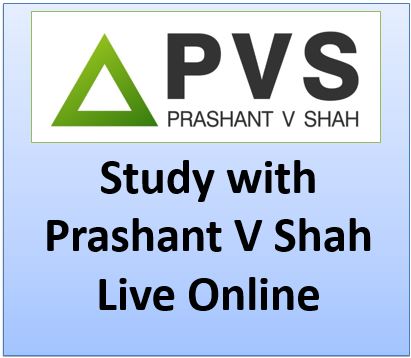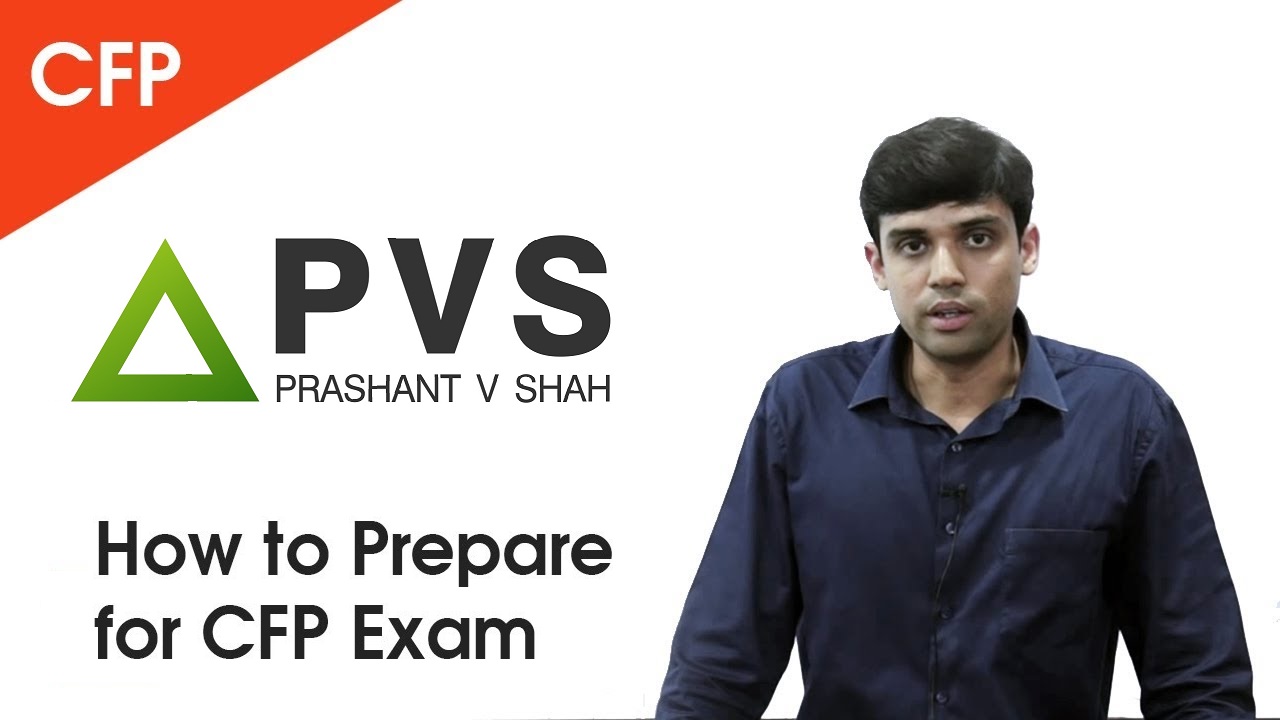Estate Planning for CFP – 3
Posted by Prashant Shah on November 24, 2014
Power of Attorney
- Power of attorney is a formal agreement by which one person gives another person authority to act on his behalf and his name
- The person who gives power of attorney is referred to as the donor
- The person who acts on behalf of the donor is the attorney
General Power of Attorney
- It is a document by which one person appoints another person to represent him/her and act on behalf of himself to manage, attend or to carry out certain works like management, sale of property and dealings in the court etc.
Special Power of Attorney
- A power of attorney conferring on the agent or attorney the authority to act in a single or specified transaction in the principal or donor is known as special power of attorney
- Example: Special power of attorney for a particular court case
Durable Power of Attorney:
- A Power of Attorney which specifically says otherwise, agent’s power ends if principal become mentally incapacitated.
- However, a power of attorney may say that it is to remain in effect in the event of future incapacity of the principal. A power of attorney that says this is called a durable power of attorney.
Legal Powers Which Can Be Granted To The Attorney:
Broadly speaking a power of attorney provides an agent “all powers that the principal has” to manage the principal’s financial affairs or make health care decisions may be enough for many purposes. An agent may be authorised to:
- To execute all contracts, deeds, bonds, mortgages, notes, checks, drafts, money orders.
- To manage, compromise, settle, and adjust all matters pertaining to real estate.
- To lease, collect rents, grant, bargain, sell, or borrow and mortgage.
- To sell any and all shares of stocks, bonds, or other securities.
- To file, sign all tax returns, insurance forms and any other documents.
- To enter into contacts, and to perform any contract, agreement, writing, or thing to make, sign, execute, and deliver, acknowledge any contract, agreement.
- To make health-care decisions for the donor or his minor children.
- To sue on behalf of the principal.
Stamp Duty
A power of attorney is chargeable under Section: 48 of Schedule 1 of the ‘Indian Stamp Act, 1899’. A stamp duty has to be paid compulsorily by the principal or donor in the jurisdictional registrar’s office.
Registration
A power of attorney is not compulsorily registrable unless it creates an interest in any immovable property i.e. charge in favour of donee. Registration of power of attorney is optional In India, where the ‘Registration Act, 1908’, is in force, the Power of Attorney should be authenticated by a Sub-Registrar only, otherwise it must be properly notarized by the notary especially where in case power to sell land is granted to the agent. If a power of attorney is in respect of an immovable property of value more than Rs100 it must be registered. Registration of power of attorney authenticates the deed of power of attorney.
Qualifications of an Attorney
- It is the duty of the Principal to appoint a responsible person as agent who should act with utmost good faith. An attorney is a person who has been appointed by the donor to act on his behalf.
- An ideal attorney is that who must be willing to act in that capacity and he has to be impartial having integrity.
An attorney should be loyal to the donor and should not disclose any confidential matters related to the business.











rahulmj08 said
Hello sir, this is rahul and i’m new to this forum. Two weeks back i cleared my RPEB module in a single attempt now i’m preparing for insurance module need your help regarding which topics to focus on.I’m referring fpa book